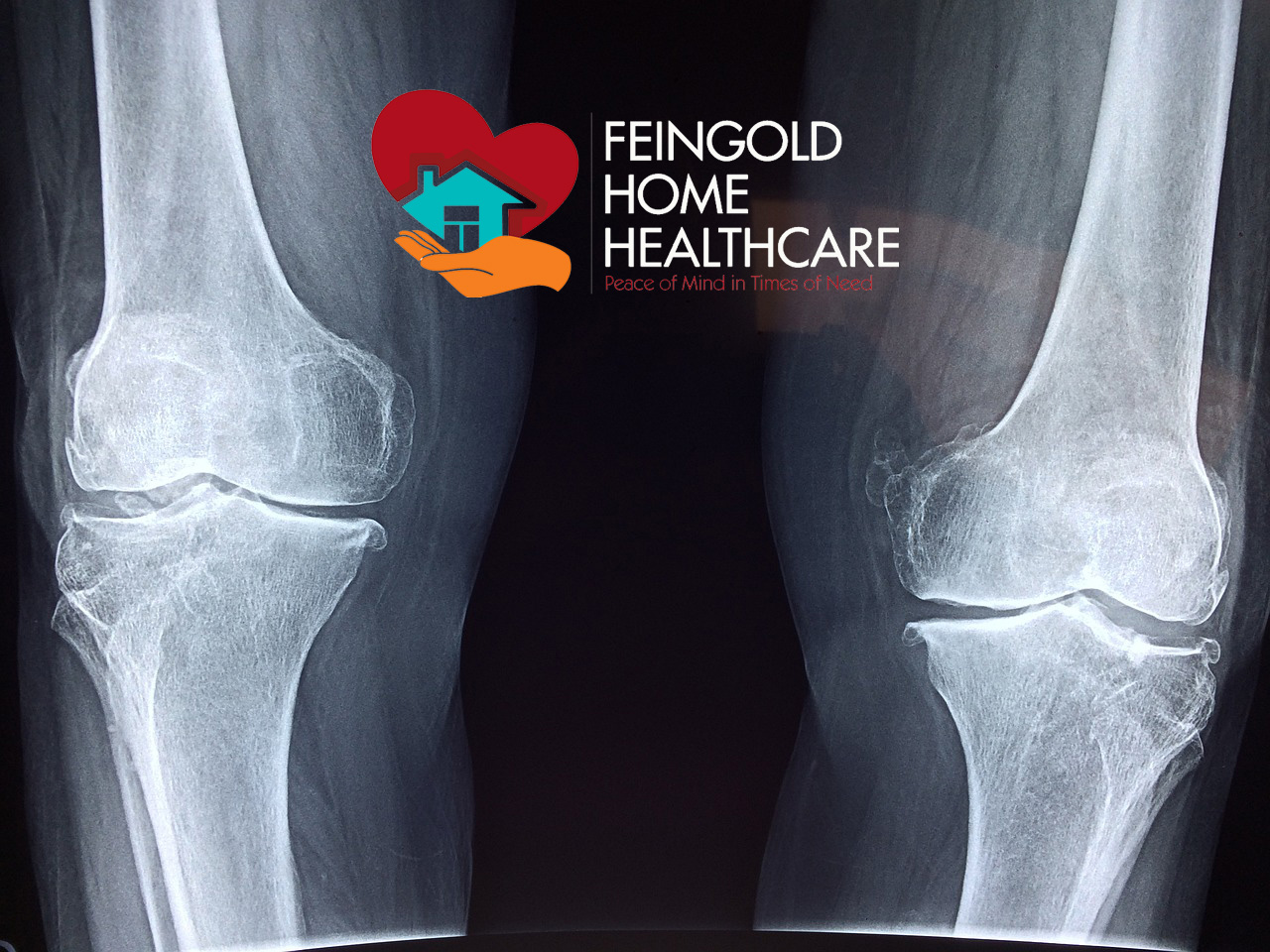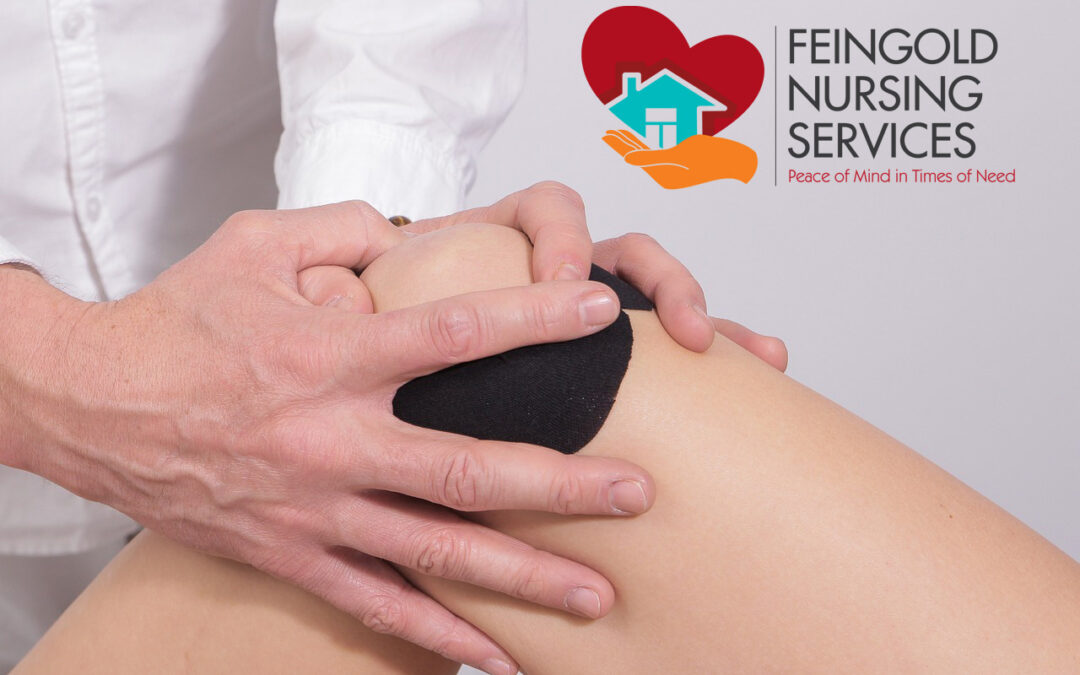South Florida Home Health Care
Knee replacement surgery, also known as knee arthroplasty, is a medical procedure that aims to alleviate chronic knee pain and improve the overall functionality of the joint. It is a common orthopedic surgery performed when non-surgical treatments, such as physical therapy and medications, fail to provide relief. Here, we will explore the various aspects of knee replacement surgery, from the reasons behind it to the recovery process.
Indications for Knee Replacement:
Knee replacement surgery is typically recommended for individuals suffering from severe knee arthritis, where the cartilage within the joint has worn away, leading to pain, stiffness, and limited mobility. Other conditions that might necessitate knee replacement include traumatic injuries, deformities, or congenital joint disorders.
Surgical Procedure:
The surgery involves removing damaged portions of the knee joint and replacing them with artificial components made of metal and plastic. There are two main types of knee replacement surgeries: partial knee replacement (replacing only one part of the knee joint) and total knee replacement (replacing both the femoral and tibial components of the joint).
During the procedure, the surgeon makes an incision over the knee, removes the damaged bone and cartilage, and secures the artificial components in place. The goal is to recreate the knee’s natural movement and alignment, thereby reducing pain and improving function.
Recovery and Rehabilitation:
Recovery after knee replacement surgery is a gradual process. Patients typically spend a few days in the hospital post-surgery, and then the majority of their recovery takes place at home. Physical therapy plays a crucial role in regaining strength and mobility. Patients will work with a physical therapist to perform exercises that help them regain range of motion and build muscle around the knee joint.
Pain management is also an essential aspect of recovery. Patients are prescribed pain medications to alleviate discomfort, but these are gradually reduced as the recovery progresses.
Long-Term Benefits:
Knee replacement surgery offers significant relief from chronic pain and allows patients to regain their quality of life. Most individuals experience a substantial improvement in their ability to perform daily activities and enjoy a more active lifestyle.
Home Health Care:
Every patient is different, and some need more help at home as they return to self-sufficiency. Often walkers, canes, crutches, and/or braces are necessary after surgery and it’s important to follow doctor directions. Home Health Aides and Nurses can help ensure these medical devices are used properly. Home Health professionals can also assist with medications and even household chores as the patient recovers.
In conclusion, knee replacement surgery is a transformative procedure that has helped countless individuals regain mobility and reduce pain. Advances in medical technology continue to improve the outcomes and longevity of artificial knee joints, making this surgery an increasingly viable option for those suffering from debilitating knee conditions. However, like all medical procedures, it should be considered carefully in consultation with a healthcare provider.
Feingold Nursing has answers for your questions and we’re available at 561-210-9096.



Recent Comments